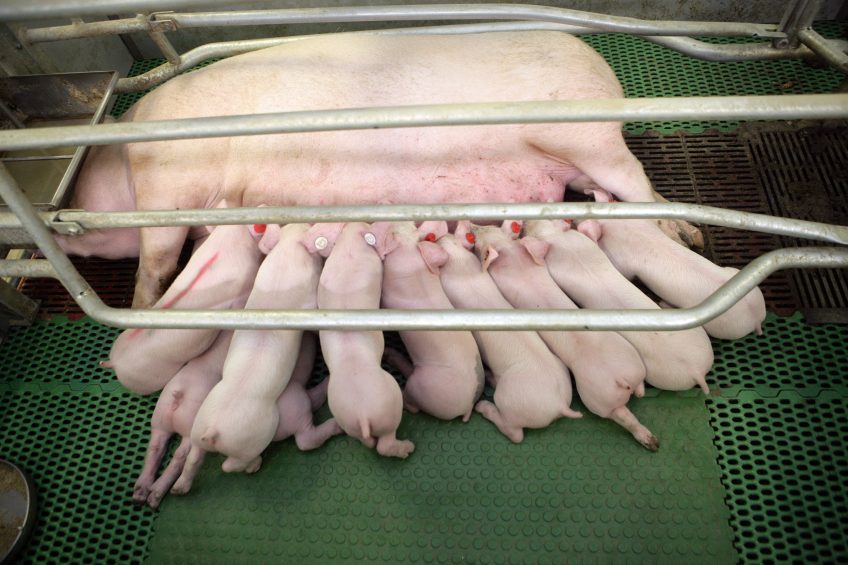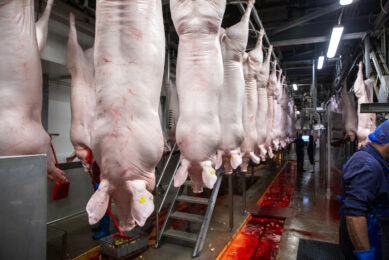Absence of protein can protect pig foetuses from PRRS

The absence of an essential virus receptor protein in dams completely protects piglet foetuses from PRRSv-related reproductive disease, US research has shown.
The research team, associated with the University of Missouri, Kansas State University and breeding company Genus, reported about their finding in Nature in late 2017.
Abortion, foetal death and respiratory disease
One of the effects of an infection with Porcine Reproductive and Respiratory Syndrome virus (PRRSv) includes abortion, foetal death and respiratory disease in new born piglets.
In the paper, the researchers introduced the existence of an essential virus receptor protein in piglet foetuses which functions as a gateway to Porcine Reproductive and Respiratory Syndrome virus (PRRSv) infection, calling it the ‘CD163 protein’.

Read more about pig health in the Pig Progress Health Tool
Reproductive form of PRRS
They wrote: “The reproductive form of PRRS occurs following the infection of pregnant gilts or sows at about 90 days of the 114 day gestation period. After an initial phase of replication in maternal macrophages, the virus crosses the placenta and begins to productively infect foetuses. The virus initially infects only a small number of foetuses, followed by horizontal transmission of virus from foetus to foetus.”
In the study, the researchers described how CD163-positive foetuses recovered between 109 days of gestation or 20 days after maternal infection. They added that the piglets were completely protected from PRRSv in dams possessing a complete knockout of the CD163 receptor.
The research paper was authored by Randall S. Prather, Kevin D. Wells, Kristin M. Whitworth and Melissa S. Samuel, University of Missouri, Columbia, MO, USA; Maureen A. Kerrigan, Luca N. Popescu and Raymond R.R. Rowland, Kansas State University, Manhattan, KS, USA; Alan Mileham, Genus, DeForest, WI, USA.











